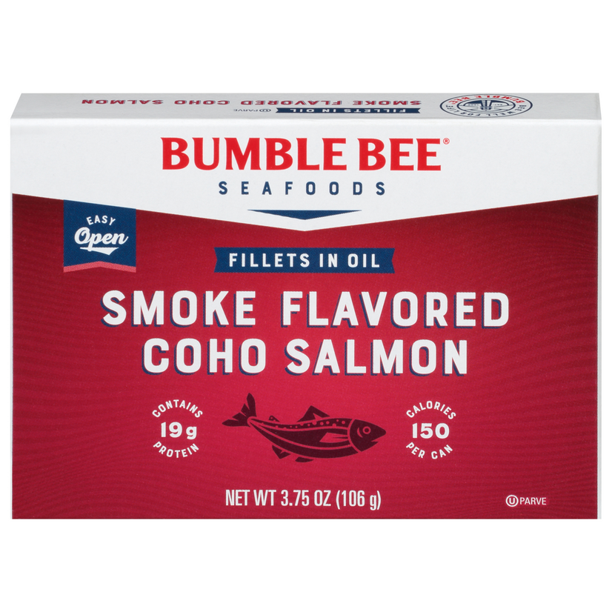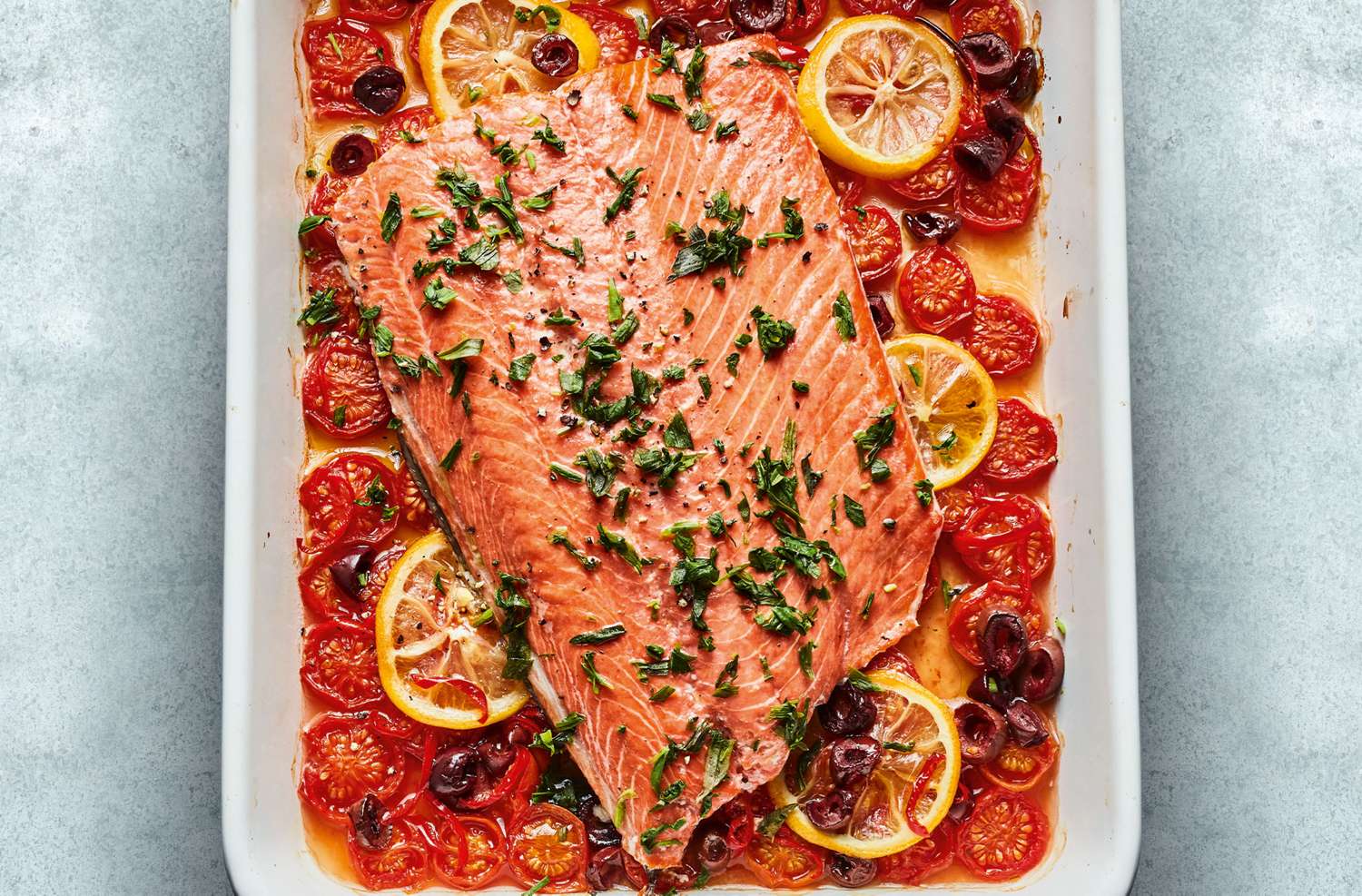
Posted on 08/29/2023 6:17:09 PM PDT by nickcarraway
Kodiak fisherman Mike Friccero has fished for salmon for over four decades. He said he was expecting a low price for Bristol Bay salmon this summer, but didn’t think rumors were true about how low it would drop.
“Our processor gave us a letter, a narrative before the season started, saying that pricing conditions weren’t great but that they were going to go after it with all the resources that they utilized last year as far as tendering and logistics and resources in general,” he said. “And they asked if we would do the same.”
It’s been a tough year for commercial salmon fishermen. Three years of huge returns in Bristol Bay created a surplus of sockeye in the market. Towards the end of the season, processors announced a base price of just 50 cents per pound – the lowest price in decades, when adjusted for inflation.
Fishermen can get bonuses for better quality, but Friccero said even with the boost, he was better off gearing up to fish for other species like halibut.
“If you’re catching 5,000 pounds and you’re thinking 80 cents, then your crew’s share might be $400,” he said. “Well that’s worth doing for folks, but once it drops into the lower figures, if you have crew that have talent, they’ve got other things they want to get over to.”
Friccero said he usually leaves shortly after the peak anyway, but he wasn’t the only one packing up before August.
The Bristol Bay base price for sockeye was one of the lowest prices for Alaskan salmon in recent history. Since then, Trident has dropped their price for chum down to just 20 cents per pound in response to massive harvests in Russia and announced they will stop buying salmon from most communities in Alaska, starting Sept. 1.
Fishermen across the state are wondering how long the low salmon prices will last. Some are even considering selling their boats.
Gunnar Knapp is an economist who specializes in the state’s fisheries. He said for the sake of both fishermen and processors, he hopes that this is just a one-year blip instead of the beginning of a long term pattern.
“To get the lowest price you’ve ever gotten while you’re working just as hard as you ever did, and other expenses like fuel have gone up – it puts fishermen in a really tough position,” Knapp said. “I think processors would also say that they’re in a really tough position and their companies are on the line.”
Knapp was visiting family in Maryland when he saw in retail stores that wild caught seafood is now selling for the same price as farmed fish. He said he’s not surprised but still disappointed knowing the amount of work processors and fishermen do to produce high quality products.
“I was in a local Costco yesterday, and I saw in that Costco, farmed Atlantic filets from Chile and farmed Atalntic filets from Norway and wild Alaska sockeye all selling for $10.99 a pound,” he said.
The Alaska Seafood Marketing Institute is funded by the State Legislature to stir demand for Alaskan products. Greg Smith, the institute’s communications director, said there just isn’t enough demand to keep up with the glut of fish.
“There’s difficult issues in the global marketplace – inflation, increased cost of living, shipping costs, the Russian invasion of Ukraine, so there are just significant challenges,” he said.
Fishermen started the season with some processors still holding frozen product from last year’s harvest.
The seafood marketing institute received an extra $5 million in funding this year to better compete in global markets. But even with extra funding, staff are unsure if their short-term efforts like retail displays and working with food writers will help much. Smith said one of the institute’s bigger projects is investing in new markets across the globe.
“We’re focusing on emerging markets, Latin America, parts of Africa, we’re doing some things in Israel but it is just really trying to build off the strength of the brand,” Smith said.
Smith said they’ve had some success with retail and restaurants, and even worked with the U.S. Department of Agriculture to include salmon in purchases for school lunches and food banks. Alaska’s senators also brought the ranking member of the Senate Agriculture committee to Kodiak to make the case that fishermen should be included in the upcoming farm bill.
Friccero said with lower salmon prices, he’s able to keep a decent paycheck but will have to be wary of his budget for next year. He said he hopes market conditions improve over the winter.
The low prices this year has pushed several fishermen to call for better transparency from processors. Friccero said a guaranteed minimum price would be the best possible starting point to build more trust.
“Looking for transparency, anything would improve it right – because there’s almost none,” he said. “That doesn’t necessarily mean that we’re being mistreated in any way, it’s just very hard to have a conversation with no information.”
Regardless, Friccero said he’ll be back to fish more next year.
Took the words right off my keyboard.
“There’s nothing resembling a “Free Market” these days. Big Business is in bed with government.”
Absolutely, corporatism is not free market.

Salmon, tasty and healthy, yum!
Corporatism is actually much closer to the way Communist countries were run, than so-called “Capitalist economies”
So you think there’s a “fish cartel”, that fixes the price of fish, and then poor Biden gets blamed? LOL
Wouldn’t you feel more at home on Democratic Underground? It seems to me that your “business” may be selling the idea of government control of everything, to stop those imaginary price gougers.
8 months ago eggs were selling for $4 per dozen around me, and this week I bought a dozen eggs for 96 cents. The free market works superbly well, and I infer that there is no egg cartel.
Fish spoils easily, and it’s difficult to get it from the fisherman to market, so I can see why retail prices are much higher than wholesale. But you have inspired me to shop more for fresh fish, so thank you for that. I found a couple of new fish markets near me to check out.
I’ll take Halibut cheeks all day every day.
lol- the northern coasts are brutally cold/damp- bone chilling-
“So you think there’s a “fish cartel”, that fixes the price of fish, and then poor Biden gets blamed?”
No, the corporations fix prices and they use government to help them do it. There is runaway market manipulation right now. Covid was an opportunity the greedy just could not pass up to manipulate markets. And as they price gouge they have no problem at all if Biden gets ALL the blame.
I have been a conservative small businessman all my life. But apparently it looks like I am one of the few “honest and fair” businessmen left. The way to fix this greed is for the customers to wise up and stop falling for these price fixing and gouging deceptions. Stop blindly paying the gouging scam. Reduced “Demand” alone will reset the market and help repair the economy whether Biden likes it or not.
“Corporate Communism” is a real thing... It goes well beyond fascism.
The Marxist-Leninists finally figured out, that if you can’t beat ‘em, join ‘em.

I agree with you. Have been watching them do it to the Dungeness crab fishermen for years.
Yeah that global warming helping fish make too many babies, too much food, climate change gonna kill us yet.
I am close to the Beef industry, and they have also been “fattening the middlemen” for a long time now. Giving the rancher almost nothing to profit from and gouging the retailers also reducing their profit.

Wild Alaskan Sockeye Salmon, Slow Roasted w/ Tomatoes and
Black Olives, Garnished w/ Lemons and Chopped Tarragon.
That looks like BACON! I would not recommend that! Probably more expensive than my canned smoked salmon, too. And I’d call the smoked salmon equally delicious.
Yep, just check that label for the sourcing & where processed...
A little while back I picked up a 32 oz. package of salmon at Wally World. I don’t recall exactly, but it seemed to be a good price. Then I looked at the label - fish from Russia, processed in China. I dropped it like it was radioactive. Maybe it was.
It’s bad enough that in many US waters, now, most of the mercury blew over from China. Luckily, that’s partially because we’ve really reduced mercury pollution in the US. But I stay away from ANY food sourced in China.
Country sourced from?
Disclaimer: Opinions posted on Free Republic are those of the individual posters and do not necessarily represent the opinion of Free Republic or its management. All materials posted herein are protected by copyright law and the exemption for fair use of copyrighted works.